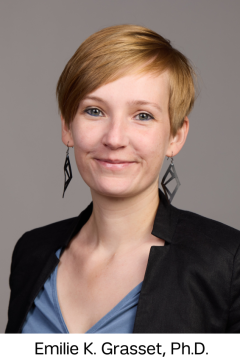Food, glorious food! Not only is it fundamental to our survival; it’s at the very heart of our lives and our diverse cultural backgrounds. And it plays a starring role in our social gatherings, whether at home or at a favorite restaurant. Our memories and our emotions, too, are inextricably bound up with food.
However, “there is no one ‘perfect’ way to eat, or one ideal relationship with food,” says Isabel Reckson, a registered dietitian and certified diabetes care and education specialist in the Divisions of Pediatric Endocrinology and Pediatric Nephrology at Weill Cornell Medicine. Every family and every child is unique, she says.
“Generally, a healthy relationship with food allows us to make choices that honor our body and our hunger without guilt. Balance and flexibility in our eating choices are paramount to that relationship, one we often need to work on and reassess throughout our lives as we grow and change.”
What healthy eating habits can parents foster in their children?
Parents are the greatest role models for their young children and teens alike, starting with positive language around food and food choices. Reckson recommends an all-inclusive approach to food, in which no foods are “good” or “bad.”





